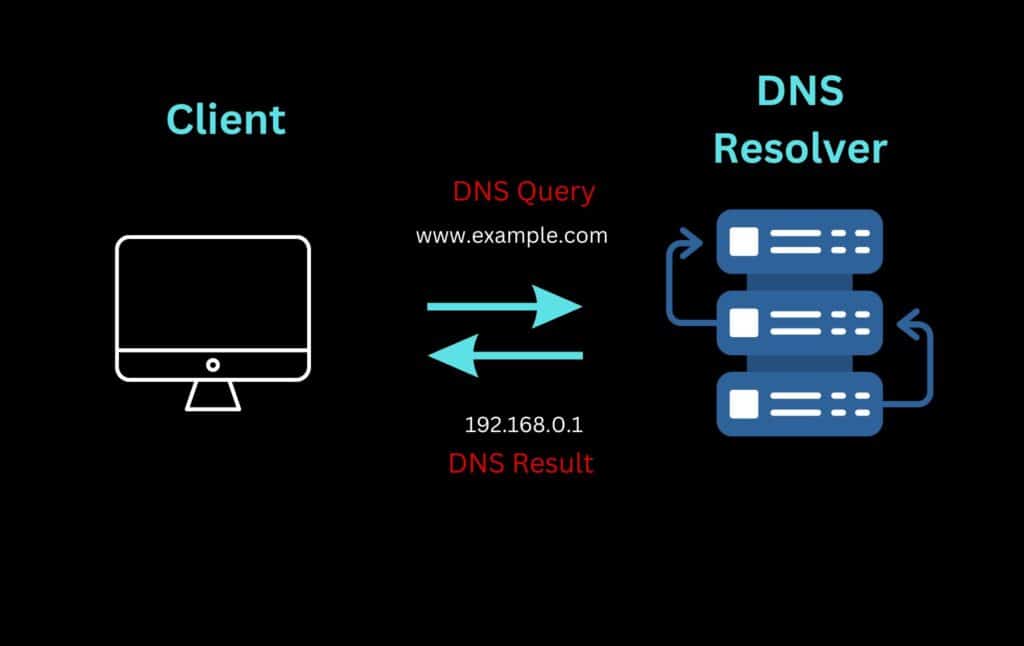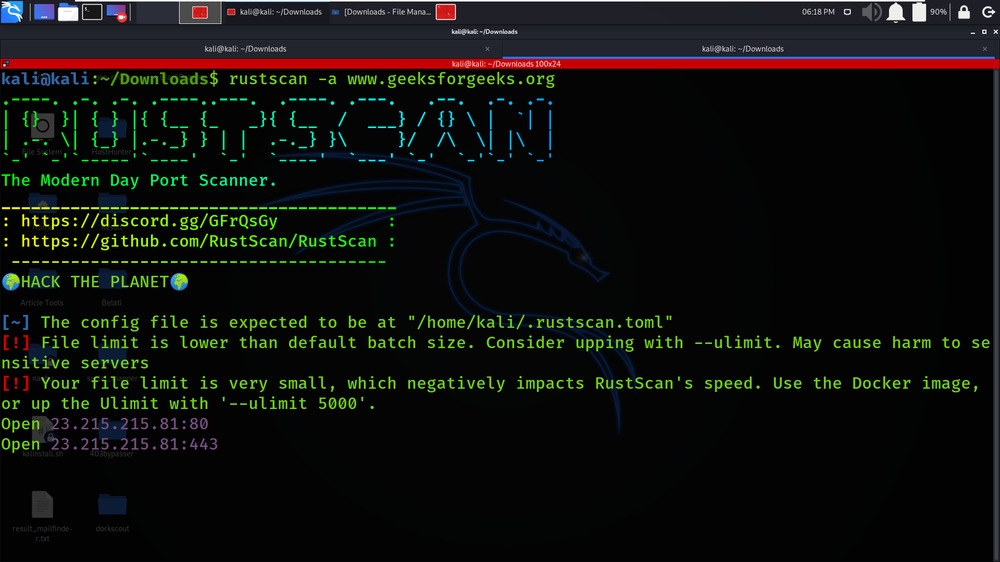The DNS resolver is a remarkable component of the internet that acts as your personal guide to navigate the vast online landscape. When you type a website name into your browser, such as “www.example.com,” the DNS resolver springs into action. Its primary role is to translate the user-friendly website name into the corresponding IP address that computers understand. This process is crucial for establishing a connection between your device and the desired website. Without the DNS resolver, accessing websites would require memorizing and inputting complex series of numbers, making the internet far less user-friendly.
To accomplish its task, the DNS resolver goes on an exciting adventure through the domain hierarchy. This hierarchical structure serves as a roadmap for locating websites accurately. At the top of the hierarchy lies the Root domain, represented by a single dot (.), which forms the foundation of the entire internet. Below the root domain are the Top-level domains (TLDs), such as .com, .org, or .net, which categorize websites based on their purpose or geographic location. The Second-level domains (SLDs), such as “example” in www.example.com, reside beneath the TLDs and provide a personal touch to website addresses. Moreover, subdomains offer additional levels of organization within a website, creating addresses like blog.example.com.
When you enter a website name, the DNS resolver starts its quest by consulting the root domain. It then proceeds to the appropriate TLD server to obtain information about the requested TLD. Once the resolver locates the authoritative nameserver responsible for the SLD, it retrieves the IP address and delivers it back to your web browser, enabling the establishment of a connection with the desired website. This intricate process happens behind the scenes in a matter of milliseconds, allowing you to access websites with ease.
In essence, the DNS resolver is like a virtual translator that bridges the gap between human-friendly website names and computer-friendly IP addresses. It plays a vital role in ensuring smooth and efficient website navigation for users worldwide. So, the next time you effortlessly browse the internet, remember the unsung hero, the DNS resolver, working diligently to make it all possible.
You may also like:
https://hackedyou.org/what-is-a-cdn-and-how-does-it-work/
https://hackedyou.org/understanding-network-topology/
https://hackedyou.org/10-important-browser-cookies/
https://hackedyou.org/everything-about-internet-cookies/
https://hackedyou.org/network-protocols-types-and-uses/
https://hackedyou.org/hackers-exploiting-open-ports/
https://hackedyou.org/client-server-model/
https://hackedyou.org/ip-addresses-basics-explained/
https://hackedyou.org/top-20-networking-fundamentals-for-hackers/
https://hackedyou.org/artificial-intelligence-transforming-cybersecurity/
https://hackedyou.org/top-10-major-cybersecurity-threats-in-2023/






